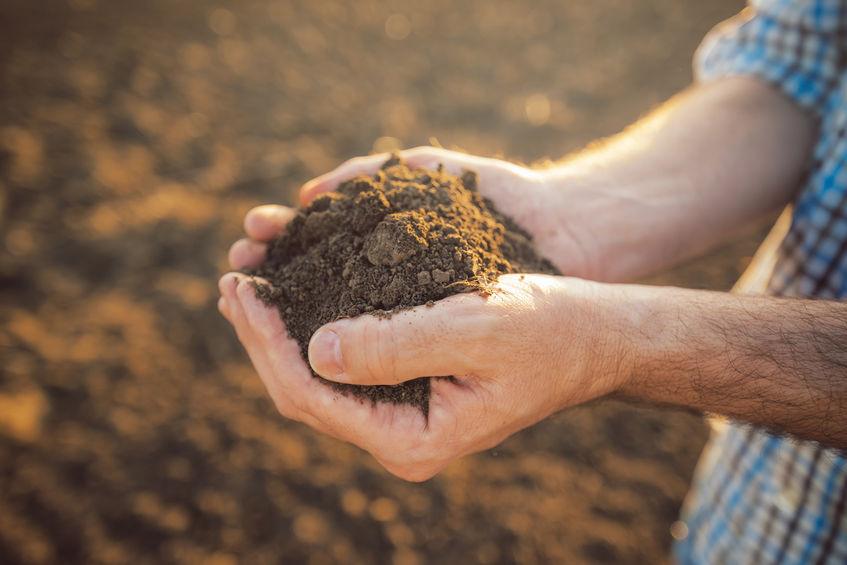
Many farmers go unrewarded in delivering "public goods" such as managing the environment, according to a survey of over 500 farmers.
Significant improvements are being made in the way England’s farmland is being managed to benefit the environment.
However, a new survey by the Campaign for the Farmed Environment (CFE) shows that many farmers are unrewarded for improving and advancing "public goods".
The findings reveal how much work is currently undertaken without any payment from the current stewardship schemes.
The farmers surveyed help to protect water quality, soil health and farm wildlife. Some 90% of respondents had improved their soil management, 81% had increased their efficiency in using pesticide and fertilisers, and 73% had adopted nutrient management planning.
For every farmer receiving an agri-environment payment for sowing a pollen and nectar mix, another farmer is doing the same voluntarily.
About twice as many arable farmers are providing supplementary feeding for birds and about four times as many are sowing catch and cover crops at their own expense outside any scheme.
Financial support
The appetite for improved and simplified agri-environment schemes was strong, with three-quarters stating that better financial support would encourage them to make further beneficial changes.
Over 90% felt that responding to land conditions was highly important in their decision making and over half would like to see options that better fitted within businesses.
This suggests a desire for more flexibility in future schemes and something that can be addressed at policy level as UK Government looks to new support mechanisms post-Brexit.
Farming Minister George Eustice said: "As we leave the EU, we have an unprecedented opportunity to deliver a farming policy which rewards farmers for delivering public goods, including sustainable food production and protecting the environment.
"We know that farmers are passionate about the environment they work in, and many are committed to ensuring wildlife can thrive on their farms.
"Our consultation, which runs until 8 May, is asking for views from farmers and others in the industry on how we can best support farmers in their efforts to care for the natural environment while also producing high-quality food."
'Protecting soils and water'
Despite the current lack of financial incentive, much is being achieved as the survey reflects.
The vast majority had grass buffers in place to protect water courses while 60% of the arable and mixed farmers had supported farmland birds through supplementary feeding and wild bird seed mixes.
Around 65% had sown flower-rich mixes to support pollinators and over 80% of livestock farms had fertiliser-free permanent pasture, benefiting wildflowers and insects. Other popular measures include over-wintered stubbles, catch and cover crops and watercourse fencing.
NFU Deputy President Guy Smith said the farming union "welcomes" the recognition that many farmers balance food production with care for wildlife and protecting soils and water.
“CFE is a unique industry-led partnership that has engaged thousands of farmers in environmental best practice over many years. We look forward to working with Government on future delivery of CFE,” Mr Smith said.
CLA Vice President Mark Tufnell said: “Despite no financial incentive, this level of engagement with CFE demonstrates farmers’ and landowners’ credentials as custodians of the land.”
